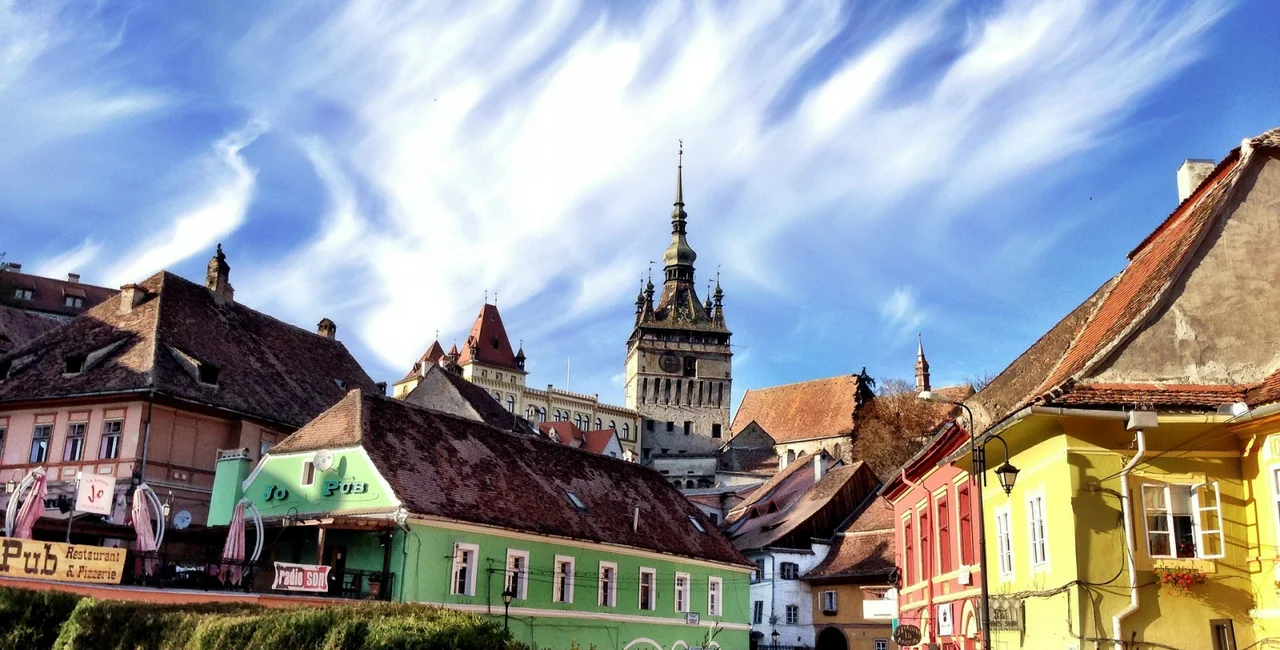There were 227 new COVID-19 cases reported in the Czech Republic over the weekend, a slight drop in cases from last week, according to the latest data published by the Czech Health Ministry this morning.
The number of new confirmed infections exceeded 200 a day four times in a row in the past week. On Saturday, August 1, it dropped to 125.
PARTNER ARTICLE
There are more than 4,800 known active COVID-19 cases in the Czech Republic, one of the highest numbers since the start of the pandemic. Out of those, 123 patients are currently being hospitalized, with 21 in serious condition.
The number of tests conducted dropped over the weekend, with just over 4,500 tests conducted on Saturday. During the last week, around 7,000 tests were performed daily.
The highest number of new cases in the Czech Republic remains in Prachatice in south Bohemia. In that region, 43 people per 100,000 are infected with the coronavirus. Many of the cases originate from the employees of the Intica Systems company. In addition, some people are returning from vacation infected with COVID-19.
The second most afflicted region is the Frydek-Mistek district in North Moravia where 40 people per 100,000 are infected with the virus. In the neighboring Karvina district, there are 18 infections per 100,000 people.
Coronavirus hot spots are popping up across the country. In south Bohemia, the Tabor region has nearly 30 infected people per 100,000 people. Prague continues to have a growing number of infections. In the Prague-West region, more than 27 people per 100,000 are infected with the virus. The capital city has more than 22 cases per 100,000 people. In the Nymburk region in central Bohemia, there are 27 cases per 100,000.
In Prague, Pivovar Hostivar has been shut down until August 9 after contact tracing revealed a person who tested positive for coronavirus visited the pub on July 26.
One Prague police officer also shared a story about the difficulty his family faced getting a coronavirus test when they realized their adult son had been infected with COVID-19 at the nightclub in Prague. The officer, who remains anonymous, said their son had first been diagnosed with the flu and sent home with medication. Later, when they learned that coronavirus had been spread at the same nightclub in Prague that their son had been to, they struggled to get a timely COVID-19 test for their son.
In addition, the general practitioner told them not to worry and not to be hysterical when they asked that several family members whom he had come into contact with be tested for COVID-19. The members of the common household struggled to get a prescription to be tested for coronavirus. You can read the full story here.
In travel news, people who come from Romania to the Czech Republic will have to go to the relevant regional public health center and pass the COVID-19 test or start quarantine as of Monday, the Health Ministry told journalists today. Foreign workers from Sweden, Luxembourg, Romania, Bulgaria and Portugal have to submit a negative COVID-19 test. Its result must be from the Czech Republic and it must be older than four days.
“Romania will be deleted from the list of low risk countries on Monday, while Tunisia will join it,” the Foreign Ministry said.
If they do not present the test, they will not be let to the workplace or plant of the relevant employer.
“The necessity of having the negative COVID-19 test on the part of foreign workers from some countries is a response to the increased number of the infections which occurs among them,” it added.
If the epidemiological situation worsens, especially in Sweden, Bulgaria and Portugal, the countries might be soon withdrawn from the low-risk list, the Foreign Ministry warned.












 Reading time: 3 minutes
Reading time: 3 minutes 


























